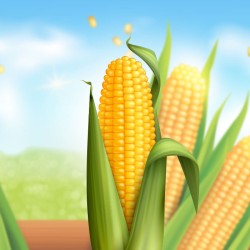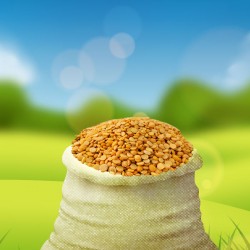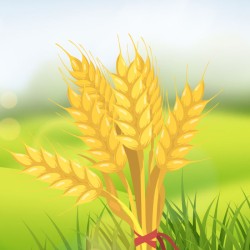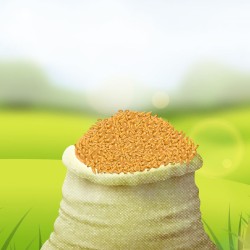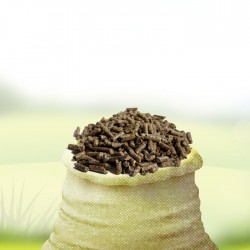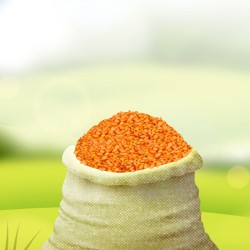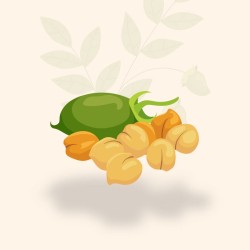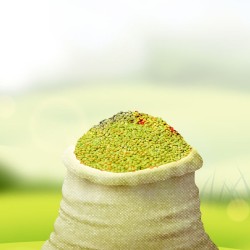Milling Wheat
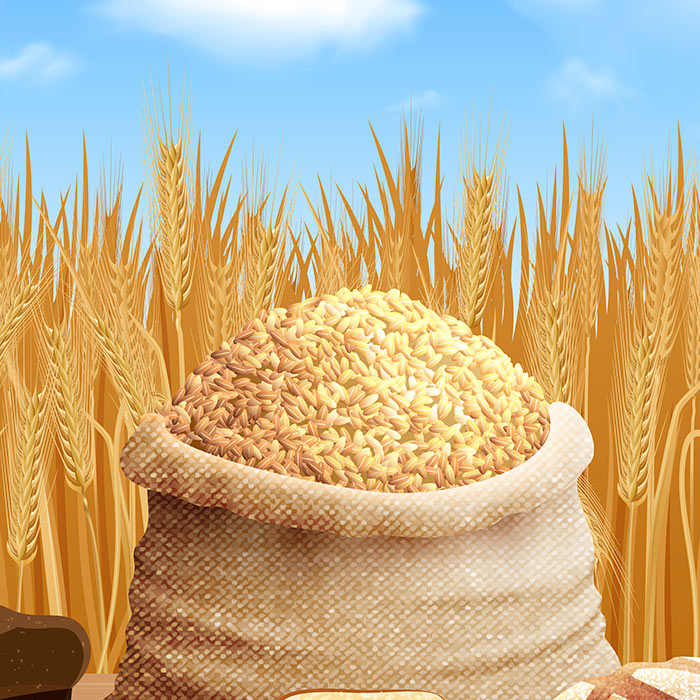
Specification
| Features | |
| Foreign Matter | max %2 |
| Hectoliter | min 78 kg/hl |
| Moisture | max %14 |
| Gluten | min %20 |
| Number of Falls | min 270 sn |
| Energy (W) | min 140 |
| Pest Destruction | max %1.5 |
| Sprouted Grain | max %1 |
Description
Wheat has a history dating back to the Neolithic (New Stone) period and is an important part of human heritage. This grain, whose homeland is the Fertile Crescent in Mesopotamia, has been domesticated since the dawn of civilizations.
The wheat we use today originates from the Karacadağ Mountain Region in Konya, the capital of the Seljuk Empire and one of the first settlements of humanity. Studies conducted in the Çatalhöyük Neolithic City, which witnessed humanity's transition to a settled life and agricultural society, determined that quality wheat for bread was grown and consumed even 9 thousand years ago. Emmer and Einkorn wheat, two of the classical eight basic crops that form the origins of agriculture, have also been widely used in this region for centuries.

